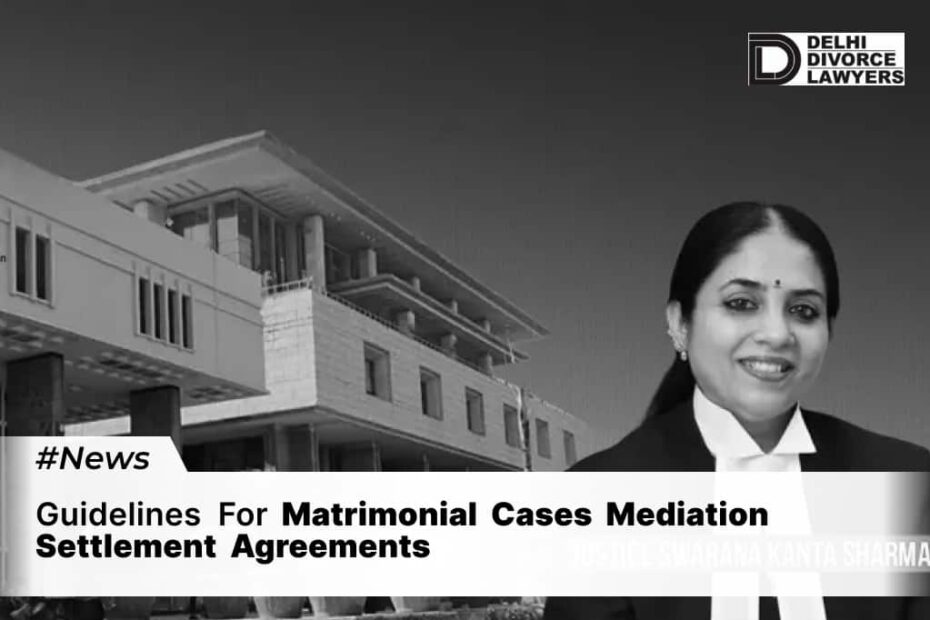Court stated that carefully drafted agreements will have a long-term effect. It may end the unnecessary suffering of the parties.
Flawed agreements don’t fulfil the purpose.
Guidelines issued by the court:
- It should have the name of all parties. Mediators should avoid the jargon to avoid confusion.
- It should mention the timeline in which the parties will comply with the terms and conditions. It should include the time in which the agreement will be executed.
- Mediators should avoid tentative dates.
- It should have contained a default clause. It should elaborately mention the consequences in it.
- In cases that include S. 498A IPC, the accused named in the FIR should be there. It should mention that a settlement has been entered into. And that all proceedings shall end subsequently.
- It should mention every minute detail about the quashing of the FIR.
- Language used in the agreement shall be convenient enough so that the parties shall understand it and it should reflect exactly what they want to convey.
- The court ordered the Mediation Centre In-charges to prepare the agreements in Hindi too.
The court found that the translation failed to capture the English draft.
The court observed that the mediators should be mindful of the future implications of the agreements, hence act accordingly.
Source: https://www.livelaw.in/high-court/delhi-high-court/delhi-high-court-guidelines-mediation-settlement-agreements-matrimonial-cases-229113

